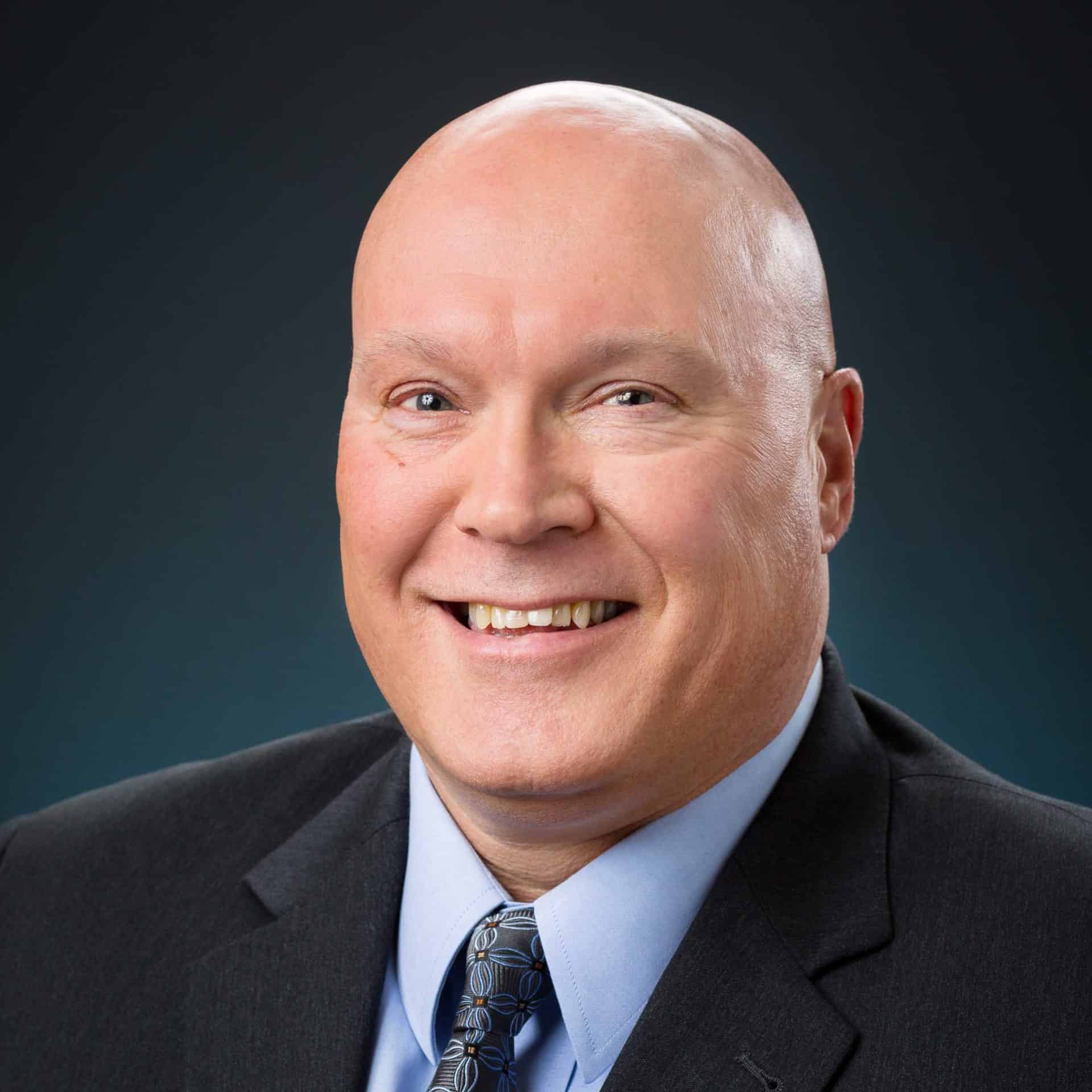Principles for healthcare workers when talking with their families about coronavirus

 Healthcare workers are on the frontlines of the COVID-19 crisis. Not only are they dealing with their own fears about exposure, but their family’s as well. So, it is no surprise that I get a lot of questions from staff about how to talk with their family members about their work and risks.
Healthcare workers are on the frontlines of the COVID-19 crisis. Not only are they dealing with their own fears about exposure, but their family’s as well. So, it is no surprise that I get a lot of questions from staff about how to talk with their family members about their work and risks.
“My mom is freaking out, how do I reassure her it’s going to be OK?”
Or, “My husband doesn’t understand why I have to come in. How can I explain this to him?”
There are no simple or easy answers, but I do have some principles to keep in mind that may be helpful as you approach these conversations with your loved ones.
It’s a difficult communications challenge to explain a lot of complicated information in a relatively short time to someone who is anxious and struggling. It’s tough to explain professionalism and dedication to duty in the face of a threat like a viral disease. Unfortunately, anxiety can also be viral and can spread like wildfire as we have already seen in the last few weeks. If you need convincing, look no further than the toilet paper aisle of any grocery store.
Like the virus, the key to quelling anxiety is to get on top of it quickly before it gets out of control. Here are some keys principles to keep in mind:
- Be Honest – Start with being open and forthright. There is no sugar coating this thing and your family will see through it if you try, so don’t. Be up front and clear. Your family will appreciate it. Being honest and forthright goes a long way toward calming anxiety. When you dissemble or try to spin the truth it only makes people more anxious as their imagination goes wild about what you might be hiding.
- Be Calm – Taking the time to speak in a measured tone of voice will help your family to hear what you say and not have your message colored by their fears. When speaking with them pay attention to your own demeanor. The way you communicate your message may be as important as the content. Listen to the news and pay attention to the overall tone of the people you see. Use Drs. Fauci or Birx as your models. They are honest and forthright but also clear, calm, and reassuring, even when communicating difficult news. Your task is to calm your family (and yourself) down.
- Be Patient – Your family likely doesn’t have the medical education you have. The things you know, understand, and deal with routinely every day are new and unusual for them. Take the time to explain and answer their questions. Keep in mind their age, development and level of understanding.
- Be Reassuring – Tell your family the facts about what you and the hospital are doing to ensure your safety. Explain where you work, your possible level of exposure, protective measures being taken, how your protective equipment works. Explain how everything possible is being done to make sure you are protected from exposure to the virus.
- Be Factual – Dispel rumors and educate on the facts. If family members repeat rumors and misinformation they have heard, don’t let it go without correcting it. Gently correct the misinformation and explain the factual truth in a clear and understandable way. Facts go a long way toward dispelling fear.
- Be Proud – You aren’t just showing up for work at a job. Acknowledge to your family, and yourself, that your daily work in this crisis demonstrates true professionalism. You play an important role at a crucial time in the lives of your patients and your community, selflessly responding to their needs. Your empathy, compassion, and humility are what it means to be a healthcare professional. Be proud of that and allow your family to share in that pride. What you are doing is bold, noble and courageous. By honoring yourself you allow them to tap into your courage.
There are no easy ways to have these conversations, but these principles can help guide you.
It won’t be easy, but you can do it.
 Paul Hammer, MD is a psychiatrist in the Psychiatry & Behavioral Health Department at Island Hospital. He earned his Medical Doctorate from the Uniformed Services University of the Health Sciences, Bethesda, MD. He went on to complete his psychiatry internship at the National Naval Medical Center in Bethesda and his residency at the Naval Medical Center in San Diego, CA. For information or appointments, call Psychiatry & Behavioral Health at (360) 299-4297.
Paul Hammer, MD is a psychiatrist in the Psychiatry & Behavioral Health Department at Island Hospital. He earned his Medical Doctorate from the Uniformed Services University of the Health Sciences, Bethesda, MD. He went on to complete his psychiatry internship at the National Naval Medical Center in Bethesda and his residency at the Naval Medical Center in San Diego, CA. For information or appointments, call Psychiatry & Behavioral Health at (360) 299-4297.
Published on April 2, 2020
